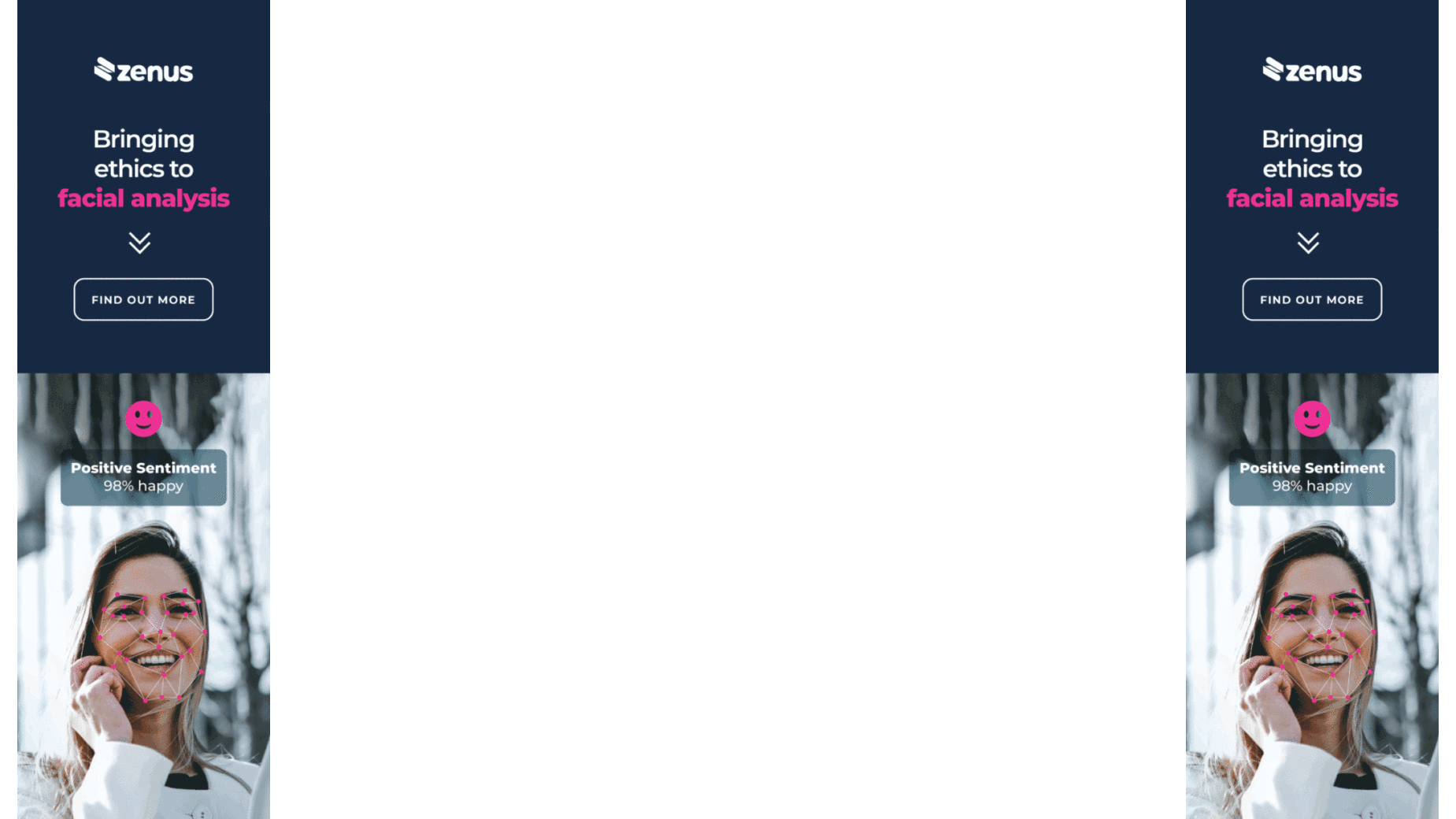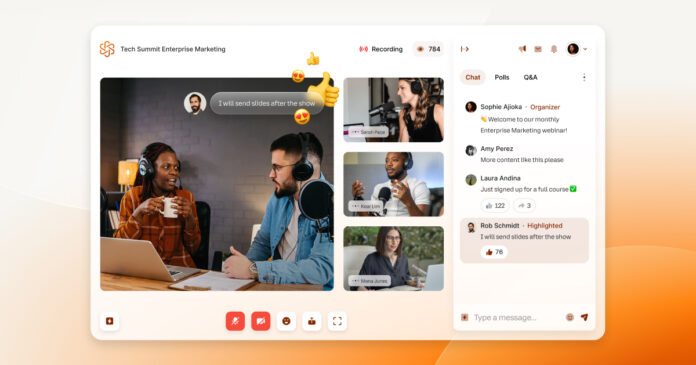by Kristen Koenig, RVP, Video Sales & Partnerships at RingCentral
In today’s tech world, strategy drives technology selection. However, in the world of events, technology not only has to serve the strategy, but flex to meet ever-evolving tactics. Now more than ever before, event marketing strategies are evolving due to flexible work, environmental concerns, or calls for more accessibility and inclusivity. While event planners are inherently adaptable, their legacy event technology is not.
Event planners and marketers need solutions capable of supporting various event marketing formats, from weekly webinars to multi-day conferences. With that, event and marketing teams can avoid budgets skyrocketing and organisational stress from getting their old software to perform new tricks.
In 2024, event marketing technology is finally taking strides to match the industry’s rising expectations and needs. Furthermore, we’re seeing AI drive significant impact on event tech to improve user experiences for attendees, marketers, speakers and more. In this article, I will outline four key trends transforming the industry this year and how this can support workers to deliver more engaging events moving forward.
Platforms will support every event format and content style
At a moment’s notice, event marketers often must switch event formats to suit audience demand, or perceived business risks. A live event may shift to hybrid, and in-person event may move to virtual.
The tactical requirements of each are incredibly different. Some organisations are implementing pre-recorded segments, often referred to as “simulive” into their mix. However, most event technology platforms struggle to seamlessly blend live and pre-recorded segments.
Creating that TV-show-like experience without blowing the budget on production costs is no small feat. As a result, event platforms will adapt to serve a variety of scenarios from live studio where speakers perform to a small, in-person audience, to a wider group of virtual attendees, or onsite, where attendees gather in person to network, learn, and engage without the need for virtual components.
Having the flexibility to pivot to the demands of the event is essential in today’s fast-moving environment.
AI will enhance the attendee experience
Personalisation is a cornerstone of marketing. It has evolved far beyond web pages and emails and has quickly made its mark in the world of events. AI will revolutionise personalisation features, taking engagement to new heights and immersing attendees in an unparalleled user experience. This will be achieved in a variety of ways including:
Tailored sessions: AI will step in to analyse attendee profiles and recommend the most relevant content. This not only saves attendees significant time but also enhances the likelihood of them finding real value in the event.
Smart networking: Leveraging user profile, interests, and content engagement, platforms powered by AI will suggest attendees to connect with. Smart matching algorithms help forge invaluable connections, contributing to a more fulfilling event experience.
Targeted follow-up: Leveraging data and insights for more targeted follow-ups creates more meaningful and impactful interactions with attendees. This can include content recommendations, exclusive offers, or relevant resources.
AI will drive increased productivity for organisers
Efficiency is key for event organisation. As event organisers navigate intricate logistics and juggle numerous tasks, AI steps in as an ally, streamlining processes, reducing manual efforts, and paving the way for organisers to focus on what truly matters – crafting unforgettable and seamless event experiences. AI can enhance event organisers’ work in a variety of ways including:
High quality copywriting: Native AI writing tools will assist event marketers and speakers in crafting compelling copy that not only generates pre-event buzz but also fuels demand.
Auto-generated video clips: AI-powered video editors will automatically produce bite sized clips tailored for core channels, making it easier to repurpose content from an event.
Sentiment analysis: Understand the emotional pulse of the audience through real-time data, allowing for tailored event strategies and content based on the collective sentiment.
Event platforms will offer deeper, more thoughtful app integrations
Event marketers are witnessing a paradigm shift in the integration landscape. Gone are the days of surface-level data exchanges. We’re entering an era of deeper, more thoughtful connections between event software platforms and the app integrations that empower organisers to create fully bespoke experiences.
The future of app integrations will change the way events are planned, executed and analysed and the way attendees experience events.
For example, APIs (Application Programming Interfaces) will allow event marketers to envision a landscape where tailored products and services seamlessly integrate into their event tools. Simplified integration processes promise swift deployment, freeing marketers from costly and time-consuming IT intervention.
Additionally, Direct Connect techniques and enhancements, such as field maps or data mapping out of the box, usher in a new era of self-service empowerment for event marketers. Marketers will be able to navigate their data landscape and utilise field mapping techniques to integrate and analyse data in real-time. This shift towards self-sufficiency fosters agility, allowing marketers to adapt and innovate at lightning speed.
Preparing to take the next step
As we traverse the ever-evolving event marketing landscape, the influence of AI emerges as a transformative powerhouse. From streamlining attendee experiences through personalised journeys to automating tasks for event organisers, AI is reshaping the very fabric of events.
In this dynamic landscape, event marketers aren’t just planners; they’re curators of unforgettable experiences. AI isn’t merely a technological tool but a companion, enhancing attendee engagement, automating processes, and crafting events that transcend the ordinary. As we step into the future of event marketing, each trend represents a stride towards a better events curation process.










